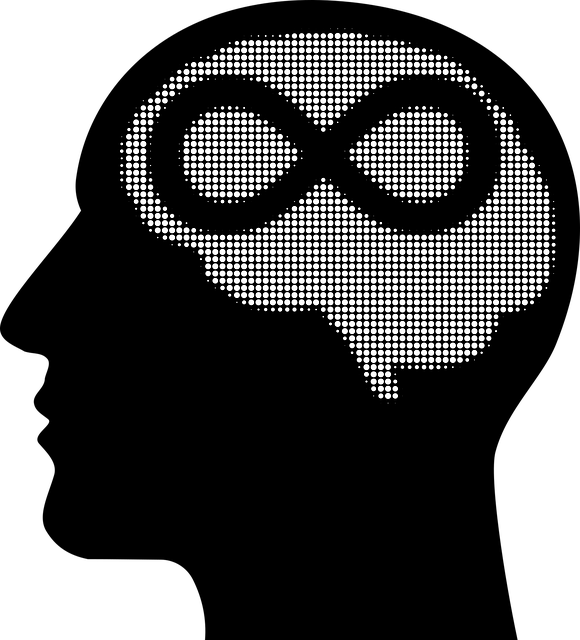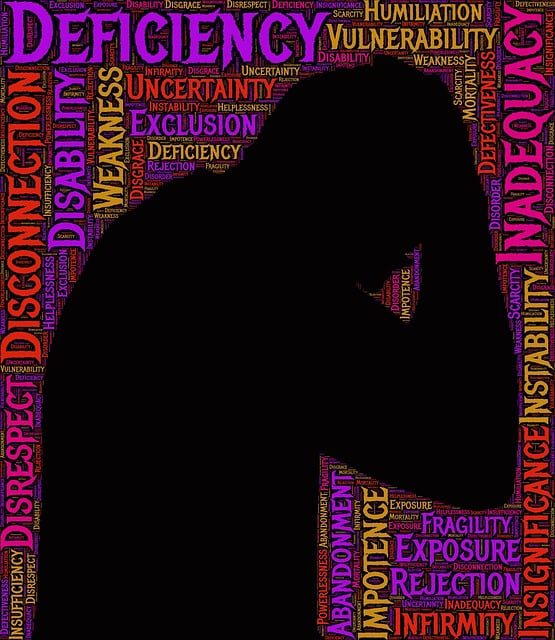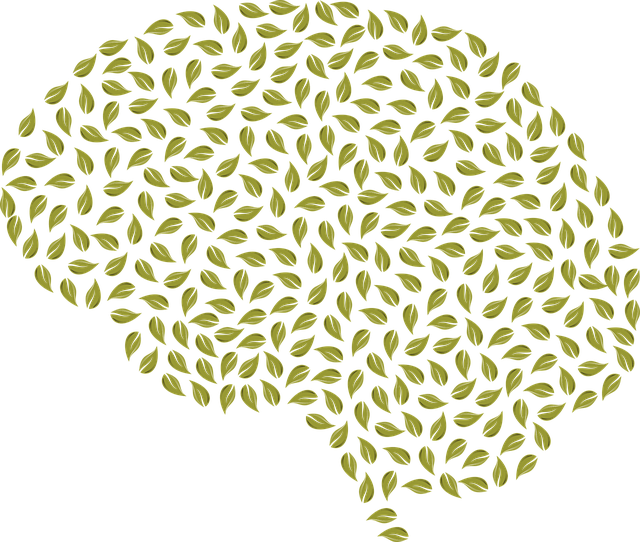Young adults with learning disabilities face unique challenges in mental health therapy, including identity formation, academic pressures, and transitions into adulthood. Therapists must adapt their approaches to suit diverse learning styles through inclusive practices and risk assessment. Effective strategies involve encouraging positive thinking, mental wellness journaling, and developing tailored education programs for early intervention. Mental health professionals play a crucial role in supporting these individuals, integrating community outreach, emotional well-being promotion techniques, and public awareness campaigns to reduce stigma and enhance long-term mental well-being. Burnout prevention strategies are essential for healthcare providers to maintain service quality.
Mental health professionals often face unique challenges when treating young adults, especially those with learning disabilities. This article delves into the crucial aspect of risk assessment within this context. We explore the specific risks in young adult therapy, focusing on learning disabilities as a critical vulnerability. By understanding these factors, professionals can implement strategies to mitigate potential harms and enhance safe clinical practice. Key sections include an in-depth look at unique risks, assessing vulnerabilities, and effective mitigation techniques tailored to this demographic.
- Understanding the Unique Risks in Young Adult Therapy
- Assessing Vulnerabilities: Learning Disabilities and Mental Health
- Strategies for Mitigating Risks in Clinical Practice
Understanding the Unique Risks in Young Adult Therapy

The field of mental health therapy for young adults presents unique challenges and risks that require specialized consideration. Young adults, often grappling with identity formation, academic pressures, and transitioning into adulthood, may exhibit complex behaviors and present distinct therapeutic needs compared to older demographics. Those with learning disabilities further add complexity, as therapists must tailor their approaches to accommodate diverse learning styles and ensure inclusive practices.
Risk assessment in this context involves recognizing the potential for intense emotional reactions, sudden behavioral shifts, or even self-harming tendencies. Encouraging positive thinking and integrating mental wellness journaling exercises can be valuable tools for fostering resilience and self-awareness. Additionally, designing comprehensive mental health education programs that cater to young adults’ developmental stage can empower them with coping strategies and promote early intervention, thereby mitigating risks associated with untreated mental health issues.
Assessing Vulnerabilities: Learning Disabilities and Mental Health

Mental health professionals must be adept at recognizing and assessing vulnerabilities among their clients, including those with learning disabilities. This demographic often faces unique challenges that can significantly impact their mental health journey. Learning disabilities, such as dyslexia or cognitive processing disorders, may present as barriers to accessing therapy, understanding complex concepts, or expressing emotions effectively. Professionals should be trained to identify these subtler signs and adapt their practices accordingly.
Effective risk assessment involves a comprehensive understanding of how learning disabilities can exacerbate existing mental health issues like anxiety or depression among young adults. By incorporating specialized therapy techniques tailored for this population, such as visual aids or simplified language, professionals can foster a supportive environment. Additionally, integrating community outreach programs focused on raising awareness about learning disabilities can enhance support systems and promote inclusive practices in stress reduction methods, ultimately benefiting clients’ long-term mental well-being.
Strategies for Mitigating Risks in Clinical Practice

Mental health professionals must adopt proactive strategies to mitigate risks and ensure a safe therapeutic environment, especially when working with vulnerable populations like young adults with learning disabilities. One key approach is integrating Emotional Well-being Promotion Techniques tailored to their specific needs. This could involve teaching coping mechanisms, mindfulness practices, or offering peer support groups to enhance resilience and reduce the risk of adverse outcomes.
Additionally, healthcare providers can benefit from Public Awareness Campaigns Development to educate both professionals and the public about mental health challenges faced by this demographic. Raising awareness helps dispel stigma, encourages early intervention, and promotes better support systems for young adults with learning disabilities. Moreover, implementing Burnout Prevention Strategies for Healthcare Providers, such as workload management, supervision, and self-care initiatives, is vital to sustain professionals’ well-being and prevent burnout, which can significantly impact their judgment and overall service quality.
Mental health professionals working with young adults, particularly those dealing with learning disabilities, face unique challenges that require a comprehensive risk assessment. By understanding the specific risks and vulnerabilities associated with this demographic, therapists can implement effective strategies to mitigate potential hazards in clinical practice. Through tailored interventions and a proactive approach, it’s possible to enhance client safety and foster positive outcomes, ensuring a supportive environment for young adults navigating therapy for learning disabilities.













